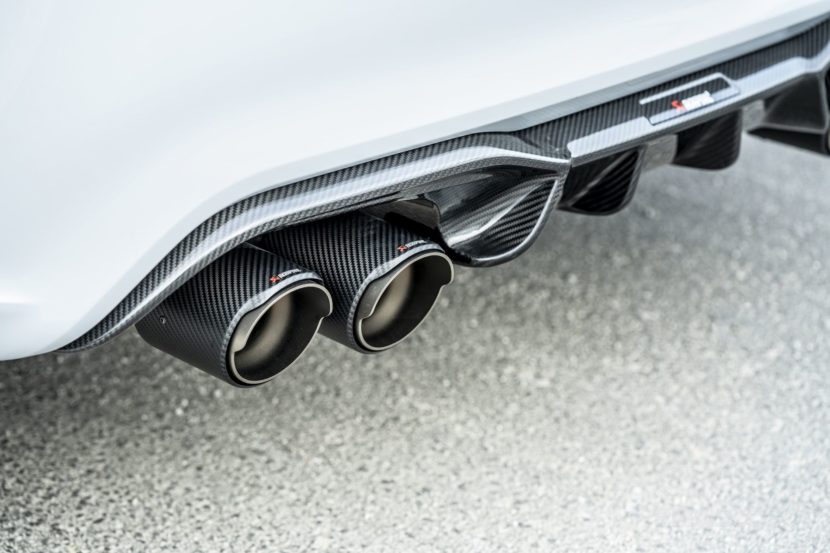
[ad_1]
Ever since Euro 1 was applied again in 1992, automakers energetic in Europe have needed to always enhance their combustion engines by making them run cleaner. The present Euro 6 normal got here into impact in 2014 and was supposed to get replaced by Euro 7 in mid-2025. Nevertheless, the preliminary plan has been pushed again by 5 years and can come into impact in July 2030. Final 12 months on the BMW Group’s Annual Assembly, CEO Oliver Zipse mentioned the implementation of Euro 7 in 2025 per the unique schedule could be “fully unfeasible.”
This week, the European Parliament voted in favor of the Euro 7 normal however in a watered-down kind in comparison with the unique proposal made by the European Union a few years in the past. There are stricter pollutant limits for vans and buses whereas those for automobiles and vans will stay unchanged. The much less extreme laws arrives following backlash relating to the unique guidelines from European automobile firms and international locations such because the Czech Republic, France, and Italy.
Automobile producers made a legitimate level after they offered their case to maintain the Euro 6 normal largely unchanged for its successor. Contemplating the EU will ban gross sales of recent autos that generate dangerous emissions from 2035, it doesn’t make sense to pressure automakers to put money into present engines when these will likely be retired anyway. As an alternative, the R&D cash could be put to good use to develop electrical autos, be they with batteries or a (much less probably) hydrogen gasoline cell.
For the sake of readability, the 2035 ban doesn’t explicitly seek advice from combustion engines however reasonably to automobiles which have CO2 emissions. This leaves the door open for ICE autos that run on artificial gasoline nevertheless it stays to be seen whether or not the e-fuels will turn into possible by then. The difficulty isn’t with the expertise itself however reasonably with ramping up manufacturing to maintain up with an inflow of recent automobiles.
Regardless that Euro 7 has been pushed again to 2030, automakers nonetheless need to adapt to stringent emissions laws. Harder targets coming into impact in 2025 imply the common fleet new automobile CO2 emissions must go down from 95 g/km within the NEDC cycle to 93.6 g/km per WLTP. Every car that has emissions above that threshold will value the automaker a €95 high quality, multiplied by each single CO2 g/km above that 93.6 g/km.
Which may not sound like a lot, nevertheless it rapidly provides up whenever you’re promoting tens of 1000’s of automobiles. The BMW Group has crunched the numbers and says its EU fleet-wide emissions had been 102.1 g/km (WLTP) in 2023, down by 2.8% in comparison with the 12 months earlier than. The relevant fleet goal within the EU (plus Norway and Iceland) was 128.5 grams per kilometer, so the BMW Group outperformed it by 26.4 grams.
More and more stricter emissions-related laws is forcing BMW and different huge gamers in Europe to roll out aggressive electrification agendas by means of plug-in hybrids and pure EVs. Gentle-hybrids are additionally a partial answer, together with self-charging hybrids similar to those pioneered by Toyota. Having to face more durable emissions guidelines, automakers are downsizing their engines. Fewer cylinders are additionally attributable to excessive taxation in EU international locations on new automobiles with large-displacement engines.
Supply: Automotive Information
[ad_2]
